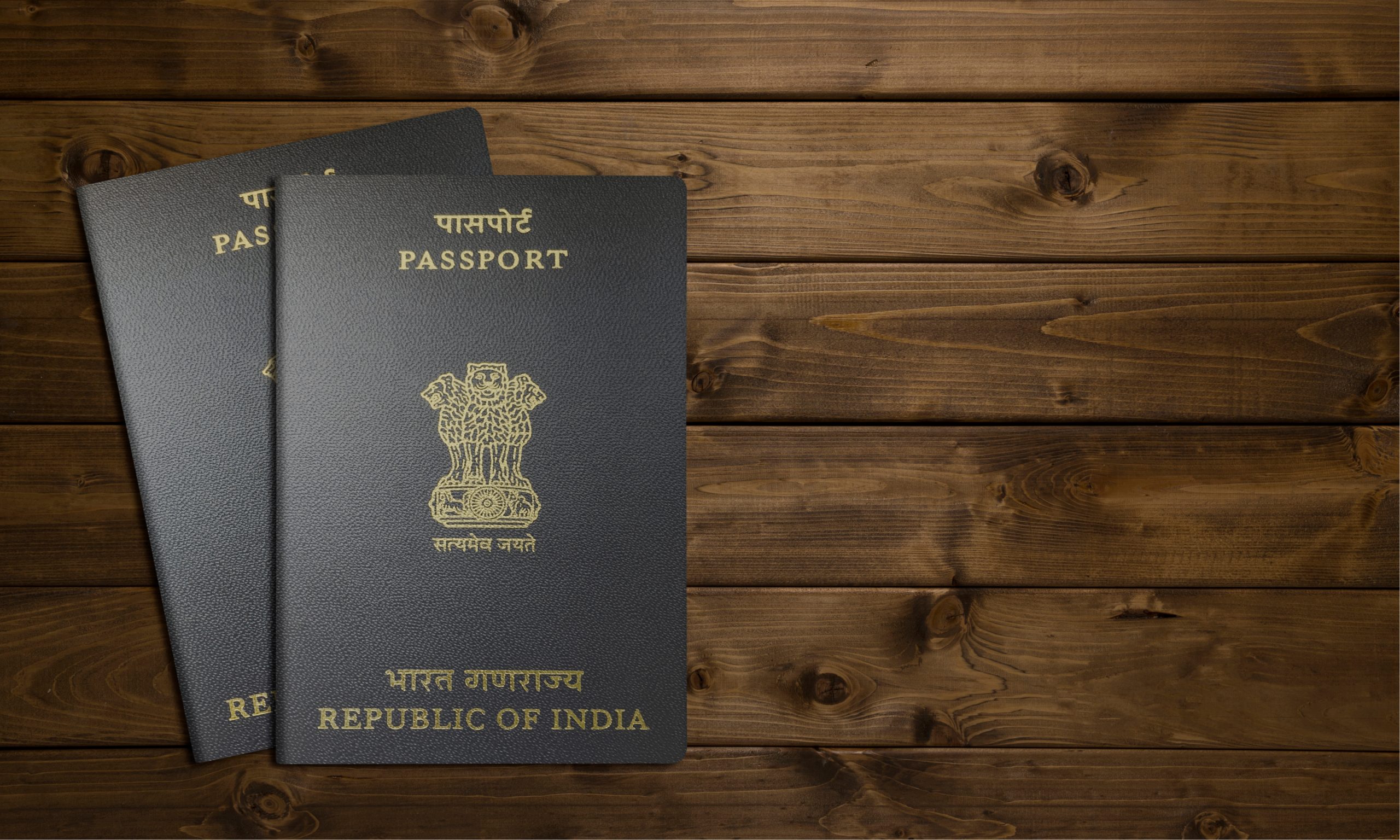If you’re a citizen of Equatorial Guinea or Eritrea and planning to visit India, you’re in the right place! Navigating the visa application process can sometimes feel like wandering through a maze, but it doesn’t have to be overwhelming. In this comprehensive guide, we’ll break down everything you need to know about obtaining an Indian visa, ensuring you have a smooth experience from start to finish. Let’s dive in! Indian Visa FOR Equatorial Guinea CITIZENS
Understanding Indian Visa Types
India offers various types of visas depending on the purpose of your visit. Here’s a quick overview of the most common visa types you might consider:
Tourist Visa
If you’re looking to explore India’s rich culture, stunning landscapes, and delicious cuisine, the tourist visa is your ticket. It typically allows for a stay of up to 180 days. This visa is perfect for those who want to immerse themselves in the vibrant life of India without the hassle of lengthy paperwork.
Business Visa
Planning to engage in business activities? The business visa is tailored for you! This visa allows you to attend conferences, negotiate contracts, or establish business ventures in India. Depending on your situation, the duration can vary, but it often allows multiple entries over several years.
Medical Visa
If you’re coming to India for medical treatment, the medical visa is your best option. This visa typically permits a stay of up to 60 days and can be extended under certain circumstances. India is home to some world-class medical facilities, making it a popular destination for health tourists. INDIAN VISA FOR ERITREAN CITIZENS
Student Visa
Are you looking to further your education in India? The student visa is your pathway! This visa is valid for the duration of your course and allows you to study at recognized institutions in India. Ensure you have all necessary documents from your educational institution for a smooth application.
Eligibility Criteria
Before applying, it’s crucial to understand the eligibility criteria to avoid any hiccups in the application process.
General Requirements
Generally, all applicants need to meet the following requirements:
- A valid passport with a minimum validity of six months beyond your intended stay.
- A recent passport-sized photograph.
- A completed visa application form.
- Proof of financial means to support your stay.
- Travel itinerary or flight reservation.
Specific Requirements for Equatorial Guinea and Eritrean Citizens
For citizens of Equatorial Guinea and Eritrea, there may be additional specific requirements. It’s advisable to check with the nearest Indian embassy or consulate for any additional documentation needed, as these can vary based on bilateral agreements and current regulations.
Application Process
The application process for an Indian visa is relatively straightforward, thanks to the online systems in place.
Online Application
The first step in your journey is to fill out the online visa application form on the Indian government’s official visa website. Be honest and thorough when providing your information, as discrepancies can lead to delays or rejections.
Required Documents
Along with your application form, you’ll need to gather several key documents, including:
- Passport copy
- Recent passport-sized photographs
- Financial proof (bank statements, salary slips)
- Travel itinerary
- Additional documents depending on the visa type (e.g., medical reports for a medical visa)
Visa Fees
The visa fees can vary based on the type of visa you are applying for and your nationality. Ensure you check the latest fees on the official visa website. Payments can usually be made online during the application process.
Processing Time
The processing time for an Indian visa typically ranges from 3 to 5 working days. However, this can vary based on the application volume and the specific embassy’s workload. It’s always a good idea to apply well in advance of your planned travel dates to avoid any last-minute issues.
Tips for a Successful Visa Application
A few simple tips can make a big difference in your visa application experience.
Common Mistakes to Avoid
- Incomplete Application: Always double-check your application to ensure all sections are filled out.
- Wrong Documents: Ensure you submit the correct documents and in the specified format.
- Ignoring Deadlines: Pay attention to processing times and apply early.
What to Do if Your Visa is Rejected
Receiving a visa rejection can be disappointing, but it’s important to stay calm and focused. If your visa is rejected, the first step is to understand the reason for the rejection, which should be stated in the notification you receive. Common reasons include:
- Incomplete application
- Insufficient funds
- Inadequate supporting documents
Once you identify the reason, you can take steps to address the issues. If you believe the rejection was unjustified, you can appeal the decision through the relevant embassy or consulate.
Conclusion
Navigating the Indian visa application process might seem daunting at first, but with the right information and preparation, it can be a breeze! By understanding the types of visas available, the eligibility criteria, and the application process, you’re well on your way to experiencing the vibrant culture and breathtaking landscapes of India. Don’t forget to prepare your documents carefully and apply well in advance to ensure a hassle-free journey. Safe travels!
